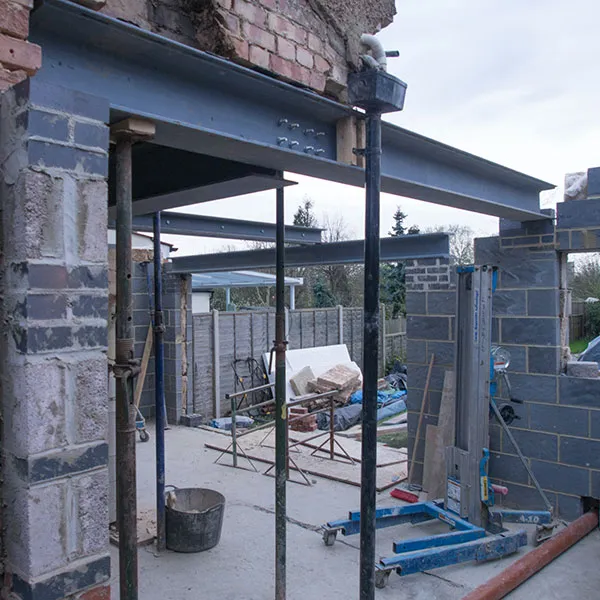When undergoing renovation works it is common for the homeowner to enter into a JCT contract with the main contractor. The following information provides a definition of JCT, highlights the contracts provided and the insurance clauses that may apply to JCT insurance.
Why is it called JCT?
JCT stands for Joint Contractors Tribunal. This type of contract is often drawn up for specific, one-off building projects and can be purchased directly from JCT.
JCT contracts are designed to clarify all aspects of the project and avoid disputes over who was at fault in the event of a problem. The details range from what security will be used, when the work will be carried out and most importantly for brokers, what type of insurance cover is required. JCT contracts also contain details on who the contractors are and their duties and expectations, ensuring that all parties have peace of mind.
Types of JCT contracts
There are several different types of JCT contracts available, which range in complexity. The 4 main contracts that you may come across are:
- Homeowner
This is the simplest version which is suitable for smaller projects, such as a loft conversion. This type of contract would not necessarily highlight the loft conversion insurance requirements needed for example, but would state that both parties should have adequate insurance in place. As the property owner you will need to make your current insurers aware of the works and check that their insurance will continue to cover you and your home. If not, specialist renovation insurance would be more suitable. - Minor Works
This type of contract is more suited to projects such as extensions or works that are more complex than a simple renovation. This type of JCT will stipulate what insurance requirements are needed. The most common insurance clause we come across is 5.4b, which requires both the existing structure and contract works to be insured on an ‘all risks’ basis by the property owner in joint names with the contractor. - Intermediate
This type of contract would be used for larger and more complex works, typically over £250,000. Again, there are a number of different clauses within this type of JCT contract that relate to insurance. Clauses A & B relate to new works only. Clause C applies when there is an existing structure being worked on. This would require both the existing structure and the contract works to be insured by the property owner in joint names. - Standard
The final version is used for very large and complex domestic or commercial renovations. The insurance clauses under this contract are the same as the clauses mentioned above in the Intermediate contract. Clause 6.7 within this contract states that the insurance must be in joint names and this cover is usually the most recommended.
As previously mentioned, a home insurer may continue cover for minimal works, such as a kitchen installation. Each insurer has different acceptance levels so it’s vital that you talk to your broker or insurer before any works commence. It is common for an insurer to cancel an existing policy for any major works or works that require joint names.
That’s where a specialist renovation insurance broker can help. We offer a JCT insurance policy which would provide cover for the existing structure and contract works whilst the property is being renovated. If this is something you may need or would like to get a quote, click here or contact the office on 01621 784840.

